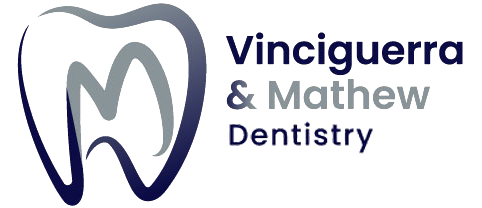Gum Disease Treatment
in New Hyde Park, NY
Any time you come in for a routine checkup and cleaning, or if you’re a new patient, we will do a periodontal (gum) exam. During this exam, we’ll be checking for the general health of your gums, whether there is any gum recession, inflammation or infection, and we’ll check the health of the underlying bone to ensure that you are healthy. If any signs of gum disease are present, we will let you know. Periodontal disease can be completely painless, so it’s important to have a dental professional check to ensure that you’re healthy.
If it’s not treated early enough, periodontal disease can permanently damage your bone and cause you to lose teeth. However, if we catch it early and you are committed to treating it well at home, we can usually limit periodontal disease, especially gingivitis, very effectively.
Periodontal disease has many stages, including:
- Gingivitis
- Gingivitis is a very early, reversible stage of gum disease. It is characterized by red gums that bleed easily. Bacteria under your gums can produce a chronic, low-grade infection from gingivitis. If gingivitis is not addressed early, it can progress quickly to the next stage of gum disease, periodontitis.
- Periodontitis
- Despite your best efforts at home with a toothbrush and floss, there’s only so much bacteria that can be removed from under your gums. As bacteria continue to build up under your gums, they can colonize and form soft plaques or hard calculus (formerly called tartar) under your gums. This infection causes bone loss and recent studies have shown that periodontal disease is a contributing factor in adult-onset diabetes, preterm delivery of babies and severe heart conditions. It is that serious, not just for your oral health but your overall body health, too. Periodontal disease can be treated and we can stabilize it. However, once bone starts to break down, it usually cannot be regrown.
- Advanced periodontitis
- If dental bacteria are still not resolved, they can cause a severe infection called advanced periodontitis. Teeth with advanced periodontitis are usually loose, can have pus around them, are extremely inflamed and can have a very poor long-term prognosis. Sometimes, advanced periodontal disease can’t be treated and the teeth simply must be extracted. In other cases, we can sometimes save your teeth using a combination of surgery and medications.
